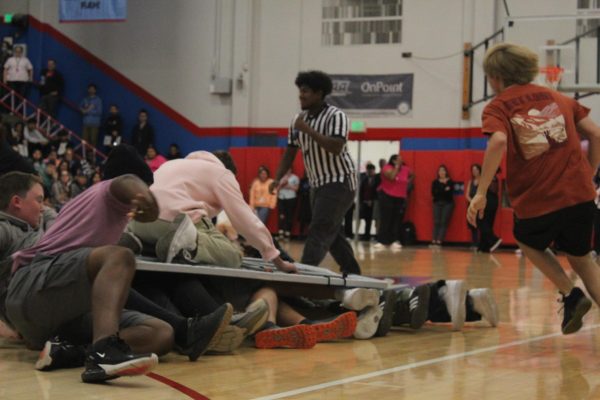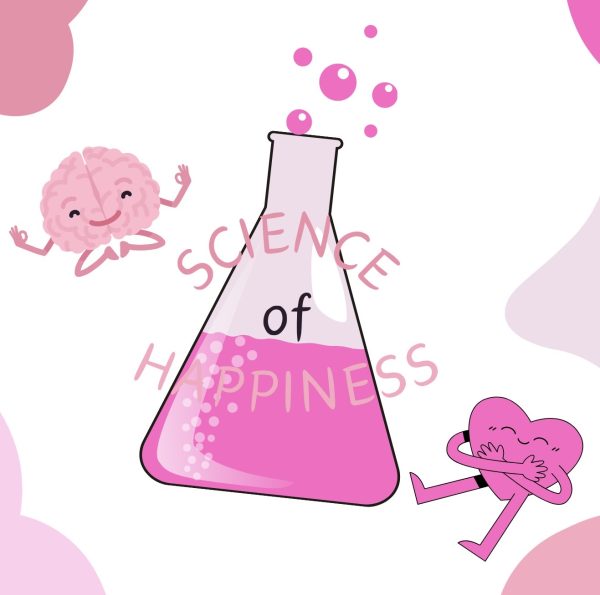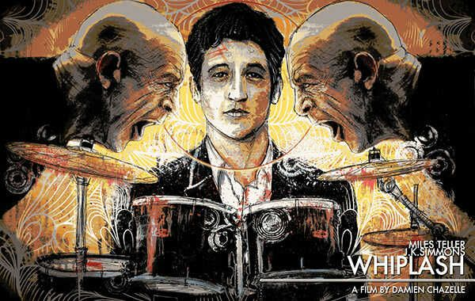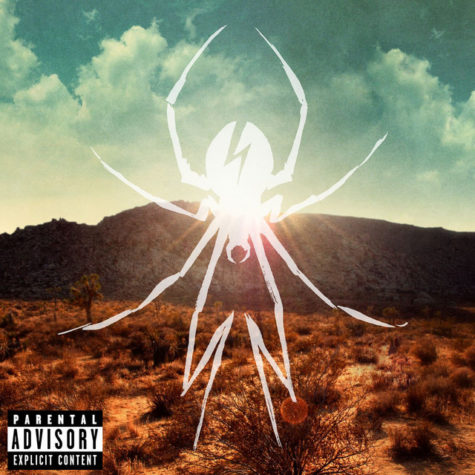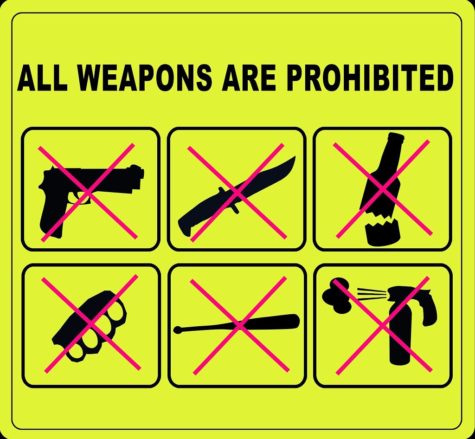Jacqueline’s Album Recommendations VII
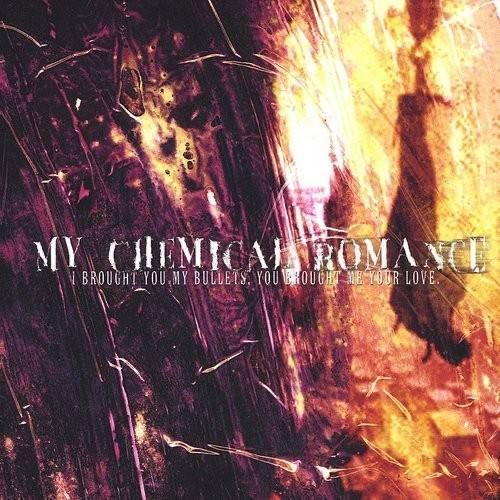
I Brought You My Bullets, You Brought Me Your Love, My Chemical Romance (2002)
My Chemical Romance’s debut album is everything but generic. Bullets is an immediate byproduct of the impact the 9/ll attacks left behind. MCR was a way for Gerard Way (lead vocalist) to pivot to a career that was more meaningful to him, after witnessing the attacks from New Jersey. This background story makes the creation of this album (and band) even more worth listening to.
I’ve mentioned Bullets and its connection to Three Cheers for Sweet Revenge in a past article, but not in great detail. Bullets has a raw essence that is painful to listen to, so if listeners are looking for music that has a lot going on, production-wise, they aren’t going to get that here. That doesn’t mean it sounds as if it wasn’t thoroughly mastered, but it doesn’t feel overly polished either. Contrary to popular belief, that gives the album a balanced amount of rough-edged character.
This album goes through the story of a couple running from an enemy and are eventually gunned down in a desert. There’s many theories people have created over the years, but that’s the general idea.
This album is full of in-your-face instrumentals (they can overpower the singing at times), with the exception of the first track: Romance. Throughout the album, the band switches between different sonic styles. It transitions from a Spanish acoustic instrumental to the choppy, screamo tones of a troubled protagonist in a slip second. Again, the entire album is insane; but because they put this soft, staticky, Spanish guitar solo as an introduction to the story, it allows listeners to see a portal into the lives of the two protagonists. It was an odd choice because everything else doesn’t align with the first track, but that adds mystery that makes listeners wonder what happened. Afterwards, the album begins to unravel and tell itself, without worrying about the judgment of others.
This album’s blunt nature cuts deeply. A lot of their lyrics have ways of making hearts skip beats; however, Early Sunsets Over Monroville makes hearts stop beating completely:
And there’s no room in this hell
There’s no room in the next
But does anyone notice
There’s a corpse in this bed?
These lyrics aren’t the most peculiar, but it has a way of making heads turn forcefully. The song is clearly about the male protagonist deciding whether or not to shoot his zombified partner. (She was either bitten by a zombie or a vampire. Some accounts say it’s a vampire, but Way got the idea from Dawn of the Dead, which is a movie about zombies.) The song wasn’t very interesting initially; in fact, it’s quite boring without context, but the last line changes that. The protagonist is reminiscing on his time with his partner, and then displays the emotional turbulence losing her caused him.
This fits into their death theme easily and brings up the idea of “pulling the plug” on a practically dead loved one. The male protagonist rationalizes the idea of actually shooting her, by asking but would anything matter if you’re already dead? This brings the story out of the world of zombies (or vampires) and allows listeners to personally connect to the characters.
This segment packs a stronger punch if listeners pay attention to the manner he sings it. There are moments where Way’s singing sounds painful, and it was. Turns out, he had a toothache when recording the song, which isn’t ideal, but it gives the song another layer of emotions that wouldn’t be there had he not been in physical pain. Way tweeted on August 2, 2013: “Early Sunsets… ahh the toothache song. Total bummer to sing at the time. Super delirious.. no fun”
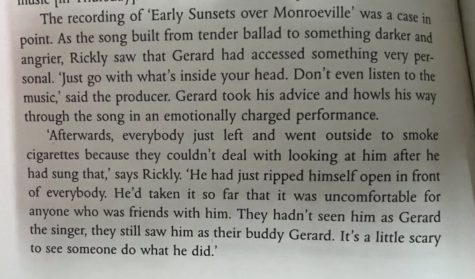
If it hasn’t hit you yet, the cover is the silhouette of Harry Houdini hanging upside down wearing a straightjacket. Houdini was an escape artist who was devoted to entertainment, and getting himself out of deadly situations, and he did a wonderful job of giving that illusion; but he couldn’t escape the death that trailed behind him. A large portion of MCR’s music follows death, and Way has referenced Houdini throughout his artistic outlets several times. Houdini in the cover could allude to how, as people, we try to run death, but it ultimately outruns us in the end. That’s the main-ish idea through this album: the protagonists spend so much time running away, but one of them dies either way.
This is another album that requires one to listen from start to finish. But if something sparked your fiery interest, I recommend: Vampires Will Never Hurt You, Demolition Lovers, and Our Lady of Sorrows (and all of the songs noted throughout).

Jacqueline Lemus-Govea is a senior at Centennial High School. This is her third year writing for The Talon and her first year as Editor-in-Chief.
She...







